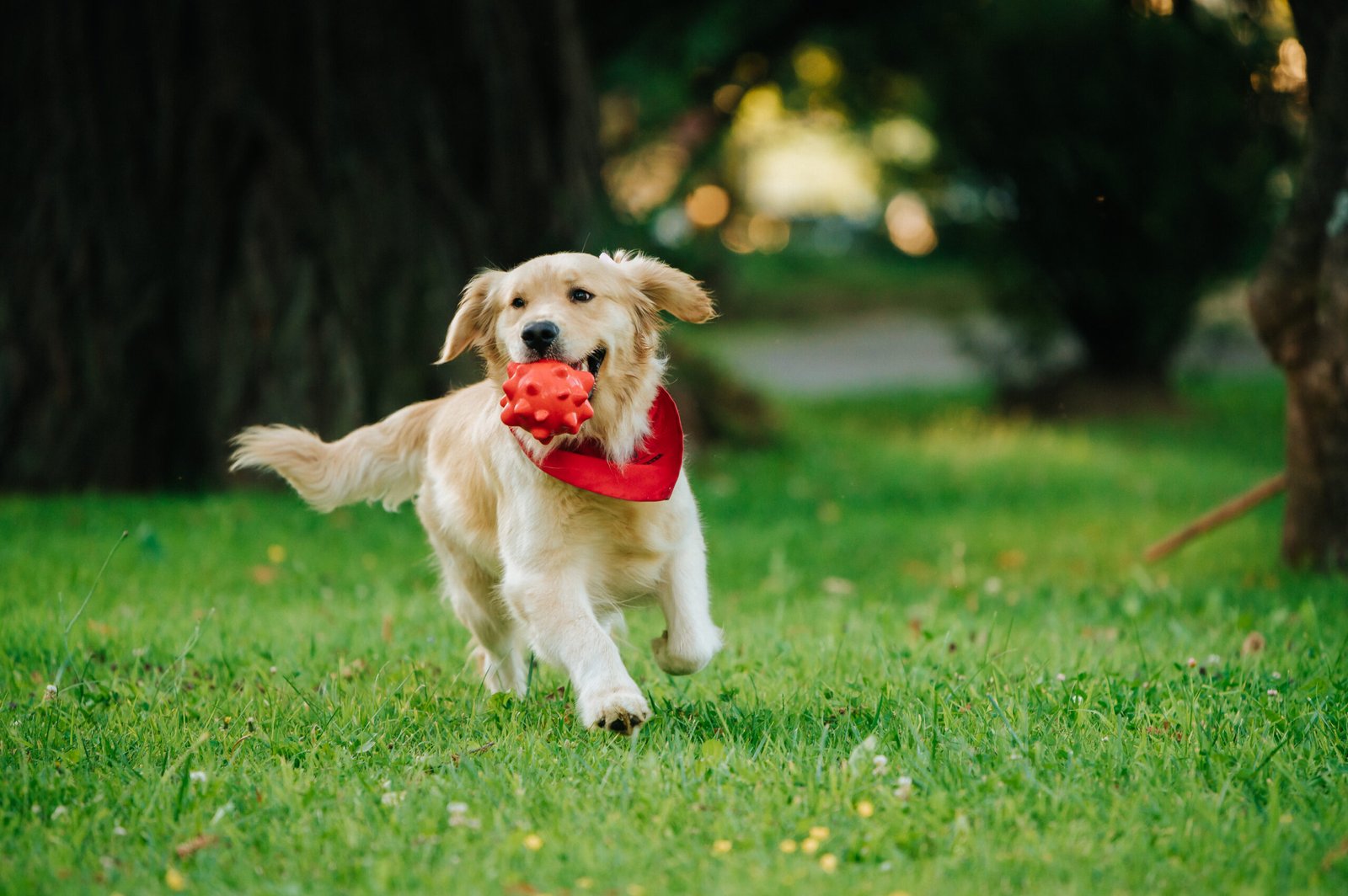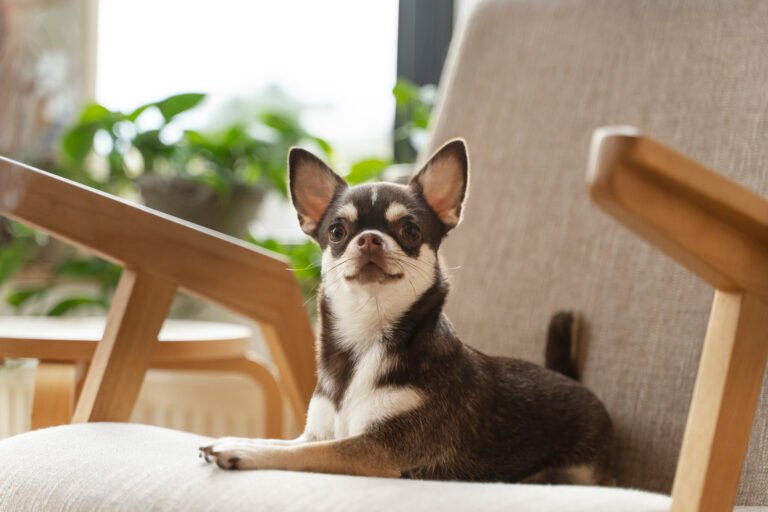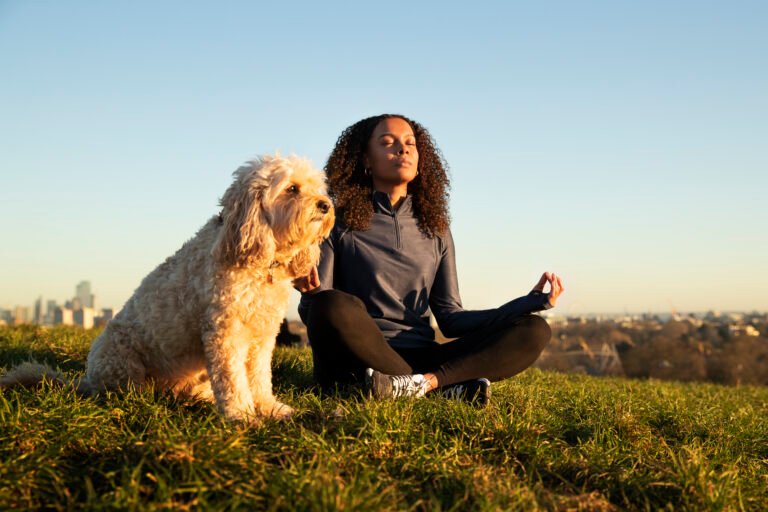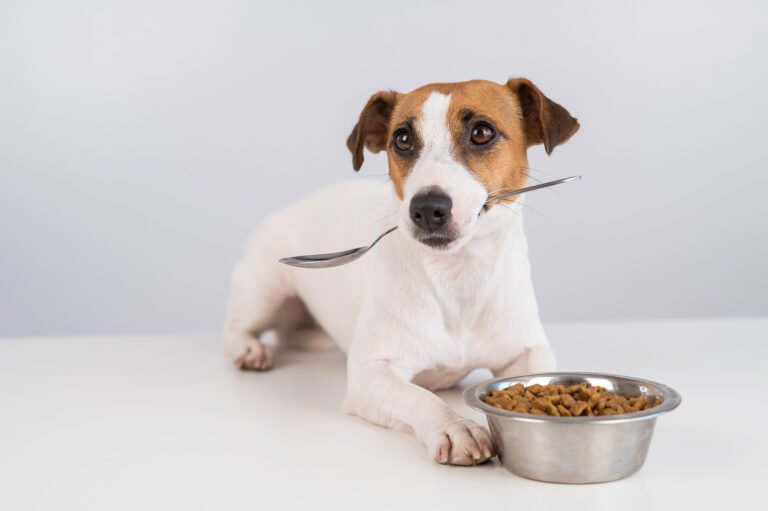Fun and Engaging Activities to Bond with Your Puppy: Building a Strong Relationship

Introduction
Welcoming a new puppy into your home is an exciting and rewarding experience. As a pet parent, it’s essential to establish a strong bond with your furry friend from the start. Building a strong relationship with your puppy not only fosters trust and companionship but also lays the foundation for a lifetime of love and loyalty. In this comprehensive guide, we’ll explore a variety of fun and engaging activities that you can enjoy with your puppy to strengthen your bond and create lasting memories together.
Types and Categories
Outdoor Adventures
- Nature Walks: Explore local parks and nature trails with your puppy. Allow them to experience new sights, sounds, and smells while enjoying the great outdoors.
- Beach Days: If you live near the coast, take your puppy to the beach for a day of sun, sand, and surf. Just be sure to keep them safe from strong currents and provide plenty of fresh water for hydration.
Indoor Fun
- Interactive Toys: Invest in a variety of interactive toys that stimulate your puppy’s mind and keep them entertained. Puzzle feeders, treat-dispensing toys, and chew toys are excellent options.
- Training Sessions: Turn obedience training into a fun bonding activity by incorporating positive reinforcement and rewards. Teach your puppy new tricks and commands while strengthening your communication and mutual understanding.
Symptoms and Signs
Signs of Bonding
- Affectionate Behavior: Look for signs of affection such as cuddling, licking, and wagging tails. These gestures indicate that your puppy feels secure and comfortable in your presence.
- Playfulness: A happy and bonded puppy will exhibit playful behavior, including zoomies, playful barking, and engaging in interactive games.
Signs of Disconnection
- Avoidance: If your puppy consistently avoids contact or interaction with you, it may indicate a lack of bonding or trust.
- Aggression: In some cases, a disconnection between you and your puppy can manifest as aggressive behavior such as growling, snapping, or biting

Causes and Risk Factors
Lack of Socialization
- Early Separation: Puppies separated from their mother and littermates too early may struggle with socialization and bonding.
- Limited Exposure: Puppies that are not exposed to a variety of people, animals, and environments during the critical socialization period (6-16 weeks) may develop fear or anxiety towards new experiences.
Environmental Factors
- Stressful Environments: Loud noises, chaotic households, or frequent changes in routine can contribute to stress and hinder bonding between you and your puppy.
- Inadequate Exercise: A lack of physical activity and mental stimulation can lead to boredom and frustration, negatively impacting your puppy’s behavior and relationship with you.
Diagnosis and Tests
Behavioral Assessment
- Observational Analysis: Pay close attention to your puppy’s behavior and interactions with you and other household members. Note any patterns or changes that may indicate a lack of bonding or potential behavioral issues.
- Professional Evaluation: If you’re concerned about your puppy’s behavior or relationship with you, consult with a veterinarian or certified animal behaviorist for a comprehensive assessment and personalized recommendations.
Health Check
- Physical Examination: Schedule regular veterinary check-ups to ensure your puppy is in good health. Address any underlying medical issues that may be affecting their behavior or bonding abilities.
- Nutritional Assessment: Proper nutrition is essential for your puppy’s overall health and well-being. Consult with your veterinarian to ensure your puppy is receiving a balanced diet tailored to their age, breed, and activity level.
Treatment Options
Positive Reinforcement
- Reward-Based Training: Use positive reinforcement techniques such as treats, praise, and play to reinforce desired behaviors and strengthen your bond with your puppy.
- Consistency and Patience: Be consistent in your training approach and patient with your puppy as they learn and grow. Avoid punishment or harsh correction, as it can damage trust and hinder bonding.
Behavioral Therapy
- Desensitization: Gradually expose your puppy to fearful or challenging situations in a controlled and positive manner. Reward calm and confident behavior to help them overcome their fears and build trust.
- Counterconditioning: Pair scary or stressful stimuli with something positive, such as treats or play, to change your puppy’s emotional response. This technique can help alleviate anxiety and improve bonding.

Preventive Measures
Early Socialization
- Puppy Classes: Enroll your puppy in a reputable puppy socialization class where they can interact with other dogs and people in a safe and controlled environment.
- Play Dates: Arrange play dates with well-behaved, vaccinated dogs to provide your puppy with opportunities for positive social interactions and learning.
Enrichment Activities
- Brain Games: Engage your puppy’s mind with interactive games and puzzles that challenge their problem-solving skills and keep them mentally stimulated.
- Environmental Enrichment: Create a stimulating environment for your puppy with toys, interactive feeders, and novel experiences. Rotate toys regularly to prevent boredom and encourage exploration.
Personal Stories or Case Studies
Bonding Success Stories
- Molly’s Journey: Molly, a rescued mixed-breed puppy, struggled with fear and anxiety due to her rough start in life. Through patient training and unconditional love, her owner, Sarah, helped Molly overcome her fears and blossom into a confident and affectionate companion.
- Max and Emily: Max, a playful Golden Retriever puppy, formed a strong bond with his owner, Emily, through daily walks, training sessions, and cuddle time. Their close relationship is evident in Max’s unwavering loyalty and devotion to Emily.
Expert Insights
Veterinary Perspective
- Dr. Lisa Smith, DVM: “Building a strong bond with your puppy is essential for their emotional well-being and overall happiness. Positive reinforcement, socialization, and patience are key factors in fostering a healthy relationship based on trust and mutual respect.”
- Animal Behaviorist, Sarah Johnson: “Understanding your puppy’s individual needs and preferences is crucial for successful bonding. Take the time to communicate effectively, listen to your puppy’s cues, and tailor your interactions accordingly.”
Conclusion
In conclusion, bonding with your puppy is a rewarding journey that requires patience, dedication, and love. By engaging in fun and meaningful activities, providing positive reinforcement, and prioritizing socialization and enrichment, you can build a strong and lasting relationship with your furry friend. Remember to be patient with your puppy as they learn and grow, and cherish the special moments you share together. With time and effort, you’ll create a bond that will enrich both of your lives for years to come.
Tags
What do you think?
Related Articles

PROTECTION THOUSANDS OF PUPPIES: Create a safe environment for your new companion
Puppy-Proofing Your Home: Creating a Safe Environment for Your New Companion Introduction Bringing home a new puppy is an exciting time for any family. However,

The Importance of Exercise for Dogs: Keeping your furry friend fit and happy
The Importance of Exercise for Puppies: Keeping Your Furry Friend Fit and Happy Introduction Welcome to a comprehensive guide on the significance of exercise for

Healthy Habits: A Guide to Puppy Nutrition and Diet
Healthy Habits: A Guide to Puppy Nutrition and Diet Introduction In this comprehensive guide, we delve into the realm of puppy nutrition and diet, exploring

